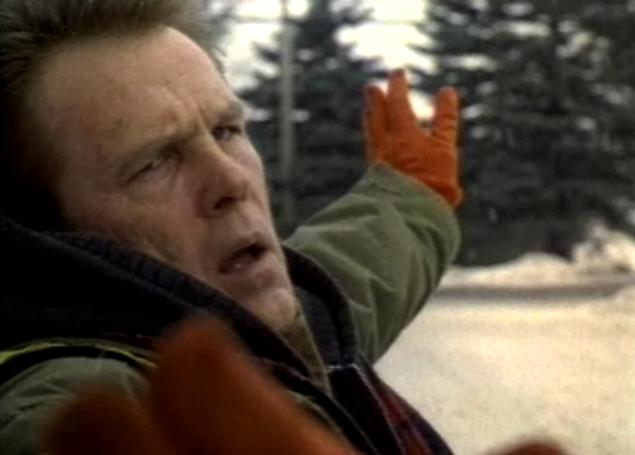
© 1998 Lions Gate Films
 |
| Photo
© 1997 Largo Entertainment, © 1998 Lions Gate Films |
| Academy Award Nominations and Winners: | |
| Best Actor: Nick Nolte | |
| ★ | Best Supporting Actor: James Coburn |
| Golden Globe Nominations: | |
| Best Actor (Drama): Nick Nolte | |
| Other Awards: | |
| New York Film Critics Circle: Best Actor (Nolte) | |
| National Society of Film Critics: Best Actor (Nolte) | |
| Permalink | Home | 1998 | ABC | Blog |